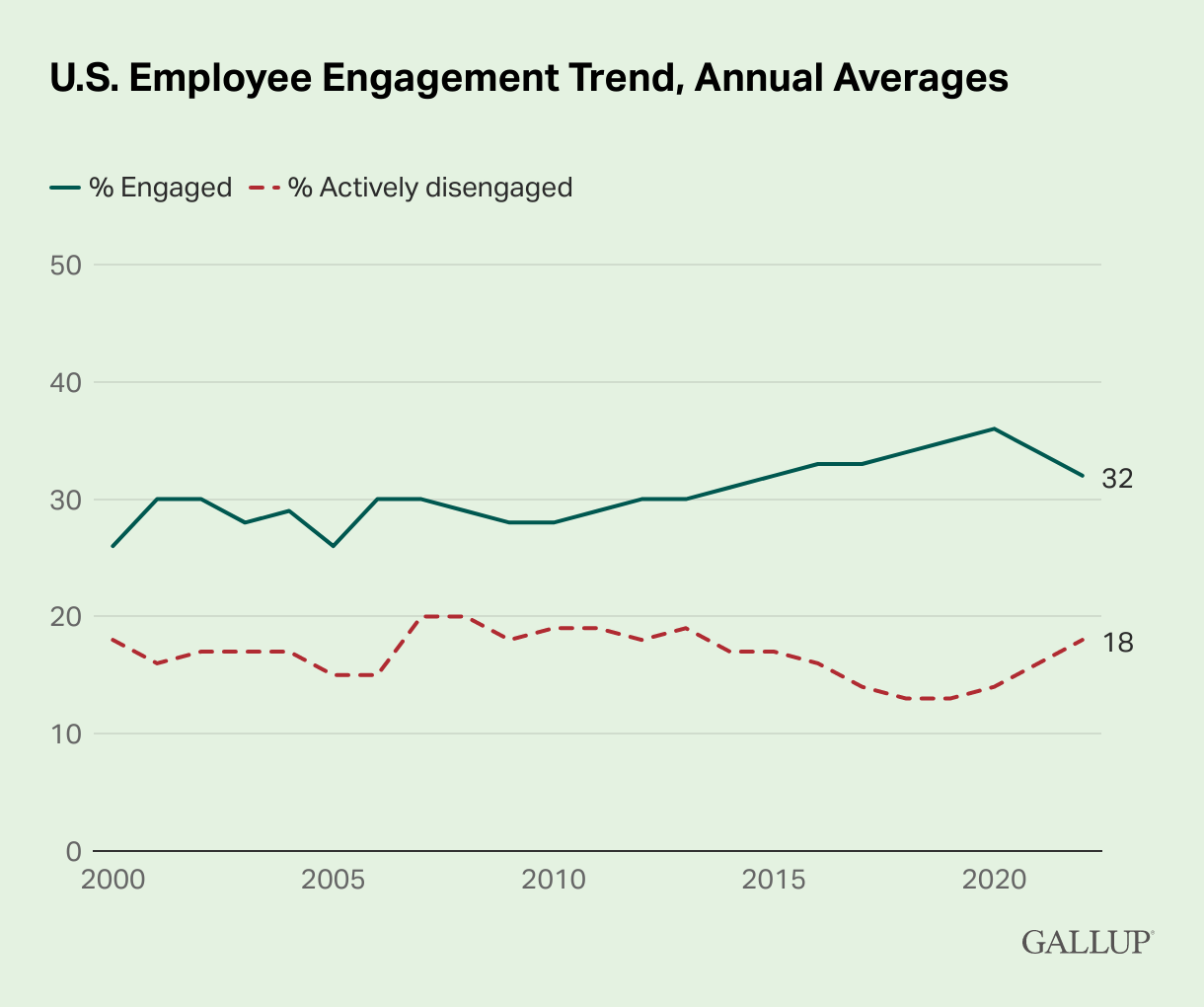What Happened Today: September 07, 2022
California goes dark; America’s working families; Rushdie vs. Khashoggi
The Big Story
California narrowly averted major power outages Wednesday, but the state’s energy troubles are far from fixed and could still lead to blackouts if the current heat wave continues. By Tuesday night, California’s electrical grid operator, California Independent Systems Operator, had reached a stage 3 energy alert, its highest level, and—out of fear that demand for electricity would exceed supply—asked residents to cut back on using appliances. Though the state avoided the need to order rolling blackouts, the close call speaks to the deep and persistent issues in California’s stewardship of its grid and belies the state’s reputation as a renewable energy haven.
“I love the fact that California is unabashedly bold about [green] energy policy,” White House Energy Secretary Jennifer Granholm said during a visit to the state this past Saturday, when she touted its “leadership” on energy. But California’s massive investment in renewables has significantly reduced the state’s capacity, making it more vulnerable to serious outages like the one that was just narrowly averted. In May, The Wall Street Journal reported that “the risk of electricity shortages is rising throughout the U.S. as traditional power plants are being retired more quickly than they can be replaced by renewable energy and battery storage.” Despite the warnings, that trend appears to be accelerating, driven by federal subsidies for renewable energies. Just last month California’s regulators decided to ban the sale of all new gasoline-fueled cars as of 2035. Yet, as the former environmental activist Michael Shellenberger, who ran in the California governor’s race on the Democratic ticket in 2018 and again as an independent in 2022, pointed out in a recent article for his Substack, “California is producing too little reliable electricity to charge the fewer than 2% of its vehicles that are electric today and has no plan to significantly expand reliable power to charge a 100% all-electric fleet in the future.”
Read More: https://www.kcra.com/article/live-coverage-california-rolling-outages-pge-smud/41097480
In the Back Pages: On Rushdie, Khashoggi, and Why Some Lives Matter More
The Rest
→ More than a third of working families in the United States can’t afford to pay for their basic necessities, including housing, food, medical care, and childcare, according to a new report published by researchers at Brandeis University. Looking at data collected between 2015 and 2019—before the COVID-19 pandemic and its attendant childcare crisis and prior to our current historically high levels of inflation—the report found that less than a quarter of low-income households earn enough to make ends meet and that families with children are having an especially hard time: More than three-quarters of low-income families do “not earn enough to cover a basic-needs family budget, two-fifths do not have health insurance, and two-thirds do not have access to pension benefits.” There are also enormous differences along racial and ethnic lines, with “only 48% of black and 41% of Hispanic families earn[ing] a family budget, versus 75% of white families and 77% of Asian.”
→ Maimonides Medical Center, a sprawling hospital system in Brooklyn, New York, lost $145 million last year and is now “in danger of collapse,” according to the New York Post, which reviewed the hospital’s annual financial filings as well as a financial report prepared for the hospital by Price Waterhouse Cooper. The dire financial situation has had “a detrimental effect on both the inpatient and outpatient segments and its providers,” according to the report, “resulting in losses from operations, cash outflows from operations, and violations of financial debt covenants.” Patients and healthcare providers have suffered through these financial losses, leading Brooklyn lawmakers to recently write to the hospital’s leadership to raise concern about the overwhelmed staff and long wait lines for care. The hospital’s leadership, meanwhile, seems to be taking the challenges in stride: In 2020, when the hospital lost $16 million, its CEO, Kenneth Gibbs, saw his salary jump from $1.8 million to $3.2 million.
→ A report from the Department of Education last Thursday confirms the devastating impact of school closures on early childhood education: Among 9-year-olds, performance in math and reading has dropped to the level it was at 20 years ago. Average reading scores for 9-year-olds saw “the sharpest decline since 1990,” according to The Wall Street Journal. “Learning loss generally is worse in districts that kept classes remote longer, with the effects most pronounced in high-poverty districts.” But some states have found success in reversing the losses. In Texas, where the state legislature passed a measure last year that “provides 30 hours of tutoring for students on the subject matter of each test where they failed to meet grade level,” third graders are now reading at higher levels than they were before the pandemic, the Journal reports. Interestingly, this newfound willingness to confront the harm done by school closures has been accompanied by an outbreak of passive language, as if the decision to close schools, which some governments refused to do, was the fault of “the pandemic” rather than the specific politicians and institutions—teacher’s unions, local government, national news outlets—who lobbied for the closures.
→ More brilliant marketing by Kim Kardashian, who announced her new venture into private equity on Wednesday, one day after garnering a flurry of attention with leaked images of the latest magazine cover featuring her world-famous buttocks. In partnership with Jay Sammons, a former partner at Carlyle Group, Kardashian is launching SKKY Partners to invest in consumer products, hospitality, media, and entertainment businesses. Kardashian follows a growing list of other celebrities—including Serena Williams, Leonardo DiCaprio, Ashton Kutcher, and Gwyneth Paltrow—who have put their fortunes into private equity instead of more traditional investments.
→ Behold the eerie brilliance of the Northern Lights across the world.





→ With sports betting now legal in most U.S. states and online sports betting legal in more than 20, gambling addictions—particularly addictions to online gambling—are growing more prevalent. “Being able to just sit in bed and go on my phone and gamble made it almost impossible to stop,” a man identified as Nick told Vice in an article exploring the growth of mobile gambling. While online betting does remain illegal in most states, there is little difficulty finding options available elsewhere—especially as online gambling apps and sites have been aggressively promoting their products. “There was never any red tape to get past in order to play those games,” reported one resident of Illinois, where online gambling remains illegal. For young men, meanwhile, this availability is increasingly turning into a new addiction crisis. “It’s blown up under our nose,” said the medical director of Oxford Treatment Center in Mississippi.
Read More:
→ Quote of the Day:
I thought about you coming, and I thought I must try and help you be a success at this interviewing thing. And I thought, Oh, I’ll show her my cigarette box. That would definitely be worth a couple lines.
A self-fulfilling prophecy from Sir Tom Stoppard, “hailed by some as the greatest British playwright since Shakespeare,” in an interview with Maureen Dowd, in which the two discuss his latest play, “Leopoldstadt.” Set to open next week in New York City, the play is the most autobiographical of Stoppard’s dozens of works. Stoppard’s latest chronicles a prosperous Jewish family in Vienna in the first half of the 20th century in a story that strongly resembles the writer’s own history of displacement: He, his parents, and his brothers, Jewish but entirely unaffiliated, fled from Czechoslovakia in 1939 on the eve of the Nazi’s occupation of the country, making it to Singapore only to flee once that country was occupied by Japan, before finding safe refuge in India. Stoppard’s father died during the journey, and in 1945 his mother married a British officer and moved the family to England, where they were raised without knowing they were Jewish at all. “Church of England is barely a religion if you don’t want it to be one,” Stoppard told Dowd. “You go to church every Sunday with the rest of the school. I’m not sure when I first was inside a synagogue, but it was years and years and years later.” Now, in what might be the 82-year-old’s final play, Stoppard revisits that history in a work that promises to offer the most sustained consideration of his Jewishness to date.
Read More: https://www.nytimes.com/2022/09/07/theater/tom-stoppard-leopoldstadt-broadway.html
→ Graph of the Day:
New data from Gallup shows that as many as 50% of U.S. workers are now generally disengaged from work and engaged in the hard-to-define act of “quiet quitting,” whereby workers do just enough to meet expectations but no more—a practice that was once widely known as “doing your job” in many professions. The growing sense of disengagement from work is especially prevalent among millennials and Gen Z workers, 35% of whom report feeling unfulfilled at the workplace—a trend that largely tracks with the pandemic and the advent of remote work. Gallup also found that “less than 4 in 10 young remote or hybrid employees clearly know what is expected of them at work.”
→ Scroll readers in the Pacific Northwest, that is just a cloud—you’re not seeing a sign of the end times.

→ Image of the Day
→ A chimpanzee playing the drums on a tree in Uganda’s Budongo Forest, where researchers have discovered that chimpanzees will drum rhythms on large tree roots to communicate across the jungle, with each chimp deploying their own rhythm to let the others know who’s knocking. “They drum to know where others are and decide whether to join them or not,” said the study’s lead author, Vesta Eleuteri, who is a PhD student at the University of St. Andrews. By using distinctive drumming patterns that are audible more than half a mile away, the chimpanzees can locate one another or simply signal where they are. The differences in rhythms, though, is what most excited the researchers: “Tristan—the John Bonham (Led Zeppelin) of the forest—makes very fast drums with many evenly separated beats,” while Ben, the alpha male, “makes two closely following beats separated by one or two more distant beats.”
Additional reporting and writing provided by The Scroll’s associate editor, David Sugarman
SCROLL TIP LINE: Have a lead on a story or something going on in your workplace, school, congregation, or social scene that you want to tell us about? Send your tips, comments, questions, and suggestions to scroll@tabletmag.com.
Some Lives Matter More
The Washington Examiner’s Life and Arts editor Nicholas Clairmont considers why U.S. elites haven’t rallied to the cause of Salman Rushdie the way they did for Jamal Khashoggi.
One can learn a lot about the American foreign policy establishment by observing its differing responses to two recent acts of violence emanating from the Middle East: the stabbing of writer Salman Rushdie and the earlier murder of Saudi national Jamal Khashoggi. The same pundits who demanded the U.S sacrifice its relationship with the Saudis over the killing of Khashoggi are not only willing to ignore the Iranian government’s involvement in the stabbing of Rushdie, but are actually eager to reward Tehran with a renewed “Iran deal” worth billions of dollars along with priceless diplomatic concessions. Not to say that U.S. grand strategy should hinge on the case of any one individual. But it’s certainly revealing to see how quickly the sentimental bluster of the Khashoggi affair was dropped when it came to Rushdie, whose attacker hailed from a different morally compromised regime, Iran, that is currently favored by pundits and a different political party’s national security mandarins.
The question here is this: When a tyrannical Middle Eastern regime orders someone who is a writer in the West killed, does America have an obligation to cut off diplomatic relations? Seems like a clear question, if not necessarily a simple one, no? Certainly it has been treated as a simple question with a crystal clear answer by Joe Biden during the campaign for the White House in 2020, and by the press when he met with Mohammed bin Salman in July 2022. The human rights cost was too high, and America cannot have any relationship with a regime that would order the killing of a writer abroad, as Saudi Arabia did to Jamal Khashoggi. Yet there’s been a strange failure to compare and contrast the matters of Rushdie and Khashoggi, though the main differences seem just to be that the country ordering one writer dead is one American liberals like to excuse the crimes of more at a moment when, for deeply frustrating reasons, foreign dictatorships have become yet another thing we’re polarized about.
It’s helpful to revisit how much energy went into mythologizing Khashoggi after his death. Khashoggi became a world-historical figure when the gruesome details of his murder were used to memorialize him as a martyred journalist and democracy activist—a portrait that was plainly skewed if not outright fraudulent. In reality, Khashoggi played a role somewhere between political operator and spy. He was a terrorist sympathizer who once served as the go-between for the Saudi intelligence services to speak to Al Qaeda. He later found himself on the outs with his beloved home Kingdom and went to work for Qatar, part of which involved parlaying his pedigree in spycraft and his genuine knowledge of world affairs and wide connections into, famously, an occasional gig authoring—if that’s the word for it—political columns for the Washington Post.
The posthumous myth of Khashoggi as a secular Western-style liberal seeking to create democratic reform in his Saudi homeland was largely the work of the Post’s staff, led by Karen Attiah, Global Opinions editor and author of May 2022’s cash-in book, Say Your Word, Then Leave: The Assassination of Jamal Khashoggi and the Power of the Truth. Rather than revealing the shady and complicated truth of Khashoggi’s role in international power politics, the legend spread in the media after his death was cartoonishly simplified to elicit outrage that could serve to help cool American relations with the Sunni Muslim world’s capitals, a major goal of a faction of foreign policy thinkers inside Obamaworld who, since 2008, have designed an ideological grand strategy for Washington in the Middle East that centers on finding a way to normalize relations with the Islamic Republic of Iran at almost any cost. The story casual newsreaders got was like if Maureen Dowd had been garroted in the Azerbaijani embassy by agents of Peru. That’s what happens when journalists use their position to tell stories about how heroic journalists are: The American public gets fairytales in place of facts …









Amazing northern lights. We're just not quite up high enough here in New England to see this. Must return to Canada.
Kim Kardashian's derriere should simply be declared a national treasure and socialized.
California is just unabashedly stupid, about almost everything.
Hopefully, none of this has blown up *into* our nose.